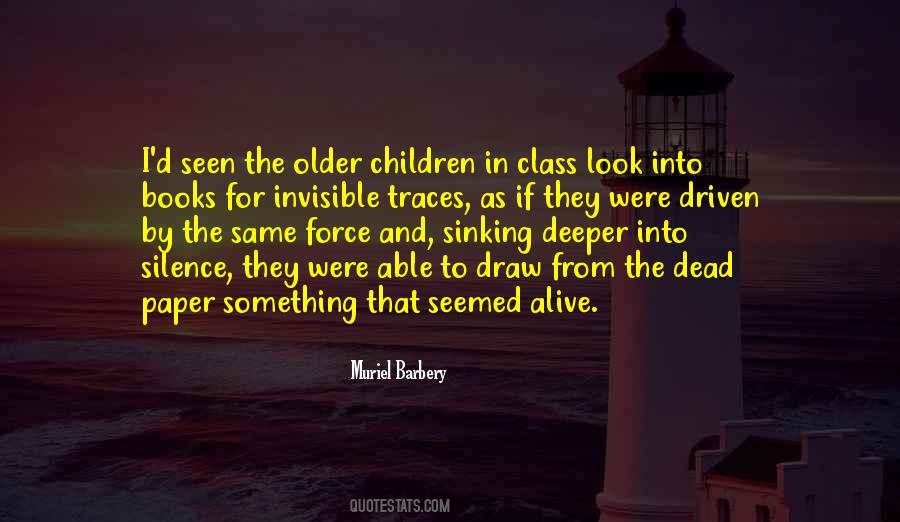


Though I had not heard of them before this reading, Mary Anning and Elizabeth Philpot were real women. I feel reasonably justified in remarking that the writer’s forté seems to be in her marriage of engrossing historical situations with finely considered characters.

I’ve not read any other of Chevalier’s books, but after finishing Remarkable Creatures, I acquainted myself with the plot and concerns of each. The two women grow up both alongside and apart from each other, and as their friendship is tested, severely, by bitter jealousy, by the arbitrary hand that assigns social class and station, and by one irresistible man, Elizabeth and Mary learn how much they can both withstand, and what causes them to shatter under pressure. A talented ‘hunter’ (in this context, fossil locator, gatherer and preserver) Mary allows Elizabeth into her own life, in its frequently impoverished yet deeply resilient reality. As she swiftly becomes enamoured of her fossil collection, particularly of the ancient fish skeletons she hoards, Elizabeth encounters young Mary Anning, the working-class daughter of Lyme’s debt-swamped cabinetmaker. Of the three, it is stoic Elizabeth who is drawn to beachcombing for fossils, an exercise she initially selects to occupy her days, free of the male attention she only occasionally craves. Just once was it real.”Ĭivilly banished from their London home to the seaside town of Lyme, the unwed and not-particularly attractive Philpot sisters gradually learn to sift out what happiness they can, in their considerably reduced circumstances. When I opened Remarkable Creatures, therefore, and read (I can only imagine the Marquis de Sade grinning in glee at a well-heeled dowager’s protestation that The 120 Days of Sodom sent her scampering to church for shrift.) If the best part of a book, however, is its opening sentence, that seems to be a cowardly act-to sculpt nothing fine, save one or two arresting lines. They allude to the possibility of reading something that will spellbind us, something that, if it is grotesque, is so sublimely grotesque that we are rather glad we lost our lunch over it.

Good first sentences can be utterly damning.


 0 kommentar(er)
0 kommentar(er)
